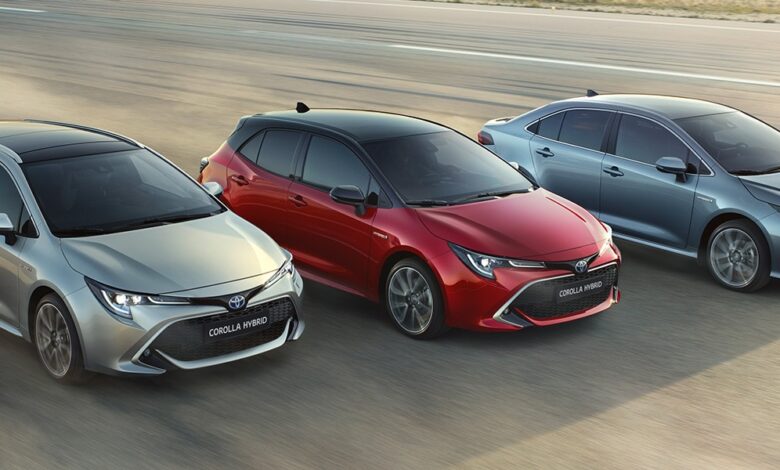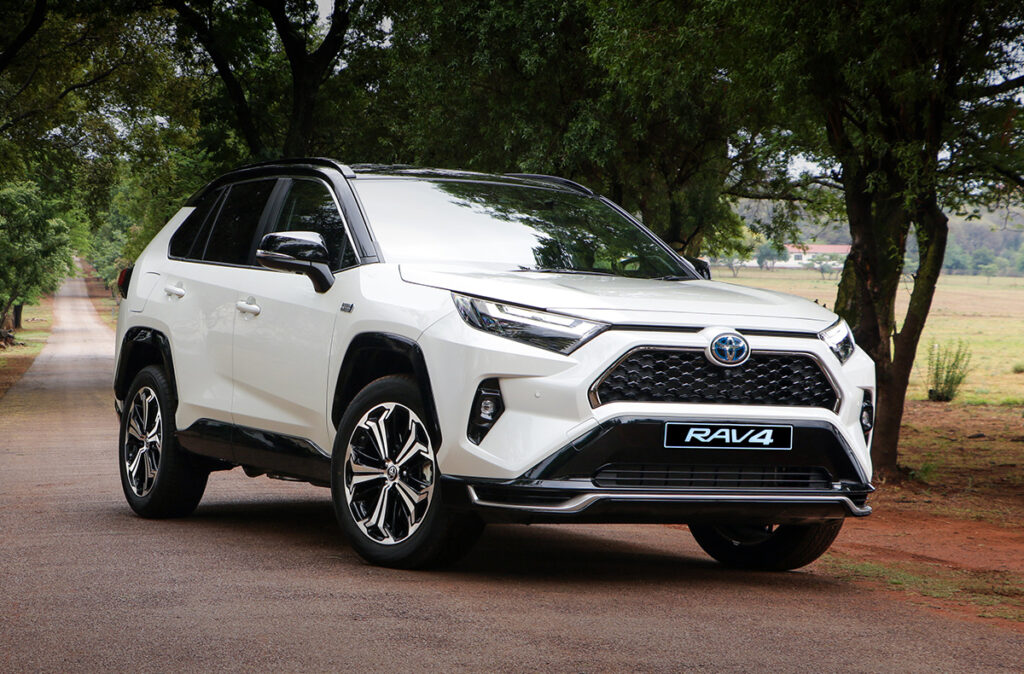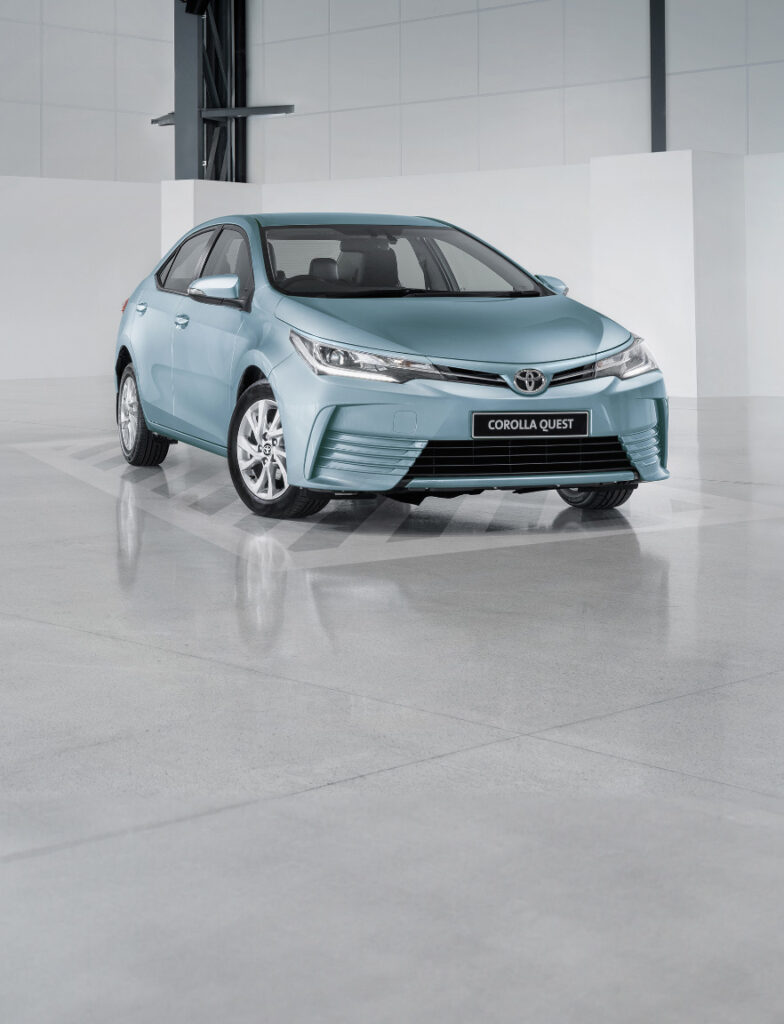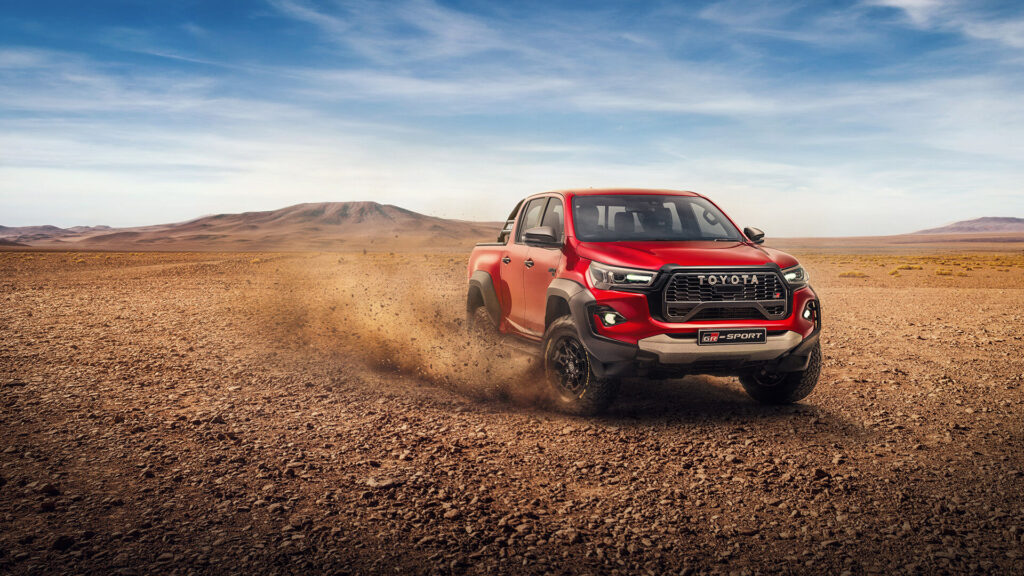Why Toyota Chose Reliability Over Luxury and Won the Global Market

Why Toyota Chose Reliability Over Luxury and Won the Global Market. In the world of automobiles, few brands command as much respect as Toyota. While many automakers have pursued the high margins of luxury, Toyota chose a different path—one defined by reliability, affordability, and efficiency. This decision was not just a business strategy; it was a philosophy that shaped the company’s global dominance.
From humble beginnings in post-war Japan to becoming the world’s best-selling automaker, Toyota’s journey is a masterclass in long-term vision, resilience, and brand trust. But why did Toyota focus on reliability instead of chasing the prestige of luxury cars? The answer lies in a series of strategic decisions that have turned the brand into an industry giant.

The Early Days: A Market-Driven Approach
Toyota was founded in 1937 by Kiichiro Toyoda with a vision to produce automobiles that served the needs of the Japanese people. Unlike European and American manufacturers that prioritized power and prestige, Toyota’s initial focus was on creating durable, fuel-efficient cars that could withstand Japan’s rough roads and economic conditions.
One of Toyota’s early game-changers was the Toyota Land Cruiser in the 1950s. Designed for rugged terrains, it became a favorite not just in Japan but across developing nations, proving Toyota’s ability to build tough and long-lasting vehicles. This was a glimpse of Toyota’s future: a brand that prioritized durability over luxury.
Why Reliability Over Luxury? A Strategic Decision
Many automakers see luxury as the ultimate brand goal—higher margins, exclusivity, and prestige. However, Toyota took a different approach, and for good reason.
Building for the Masses, Not the Elite
Toyota understood early on that mass adoption, rather than exclusivity, was the key to sustainable growth. While luxury brands like Mercedes-Benz and BMW focused on high-end customers, Toyota targeted everyday drivers, ensuring that their cars were affordable and dependable.
The Japanese Work Ethic and Kaizen Philosophy
Toyota’s production system is built on Kaizen, the Japanese philosophy of continuous improvement. Rather than investing in luxury materials and features, Toyota focused on refining its production processes, reducing waste, and ensuring that every vehicle met strict quality standards. This led to fewer defects, longer-lasting cars, and a reputation for dependability.
Global Scalability and Economic Viability
The company recognized that reliability and efficiency mattered more than luxury in emerging markets. Whether in Africa, South America, or Asia, Toyota’s vehicles became the go-to choice for their durability and low maintenance costs.Countries with poor road infrastructure and high fuel prices found Toyota’s simple yet robust engineering more practical than high-end European brands. This decision paid off, making Toyota the preferred brand in regions where longevity and affordability were top priorities.

Key Milestones: Toyota’s Path to Global Dominance
The Toyota Corolla: The World’s Best-Selling Car
First launched in 1966, the Toyota Corolla became a symbol of affordability, fuel efficiency, and reliability. With over 50 million units sold, it remains the best-selling car in history. While luxury brands were perfecting leather interiors and high-end tech, Toyota was perfecting the art of making a car that could last for decades with minimal issues.
The Introduction of Lexus: A Controlled Luxury Experiment
Despite its reliability-first approach, Toyota saw an opportunity in the luxury market and launched Lexus in 1989. However, Lexus was built using the same Toyota principles—dependability, engineering precision, and efficiency—rather than simply copying European luxury brands.
This move allowed Toyota to tap into the luxury segment without compromising its core identity. Even in luxury, Toyota’s focus on reliability remained the foundation of its success
The Hybrid Revolution: Toyota Prius
Instead of chasing high-performance luxury, Toyota focused on sustainability. The launch of the Toyota Prius in 1997 revolutionized the automotive industry, proving that hybrids could be practical, fuel-efficient, and reliable. While other brands were perfecting V8 engines, Toyota was perfecting hybrid technology, a decision that positioned it as a leader in the green movement.
Resilience Through Crisis: The 2010 Recall Scandal
Toyota’s reputation for reliability was tested in 2010, when a large-scale recall due to unintended acceleration issues affected millions of vehicles. Many companies would have struggled to recover from such a crisis, but Toyota took responsibility, improved its quality control, and reinforced its commitment to safety. The brand’s transparency and dedication to fixing the problem helped it regain consumer trust.
Lessons for Entrepreneurs: Toyota’s Winning Formula
Toyota’s decision to prioritize reliability over luxury offers powerful insights for business owners and entrepreneurs:
- Know Your Audience – Toyota identified that the majority of the world needed durable and affordable cars, not luxury. Entrepreneurs should focus on solving real problems for large markets rather than chasing prestige.
- Build Long-Term Trust – Consumers don’t just buy products; they buy reliability. By delivering consistent quality, businesses can build strong brand loyalty.
- Efficiency Over Flash – Just as Toyota focused on lean manufacturing and quality control, businesses should prioritize operational efficiency over unnecessary complexity.
- Resilience Is Key – Even the best brands face setbacks. How you respond to challenges defines your success. Toyota’s ability to bounce back from crises is a testament to its strong brand foundation.
- Innovation That Matters – Instead of blindly following industry trends, Toyota innovated in areas that aligned with its core values, such as hybrid technology. Entrepreneurs should focus on meaningful innovation rather than just keeping up with competitors.

The Legacy of Reliability
Toyota’s journey proves that luxury isn’t the only path to success. By choosing reliability, efficiency, and practicality, the brand has built an empire that has outlasted many high-end competitors. In the end, Toyota didn’t need luxury to dominate the global market—it just needed to build cars people could trust for a lifetime.
For entrepreneurs, Toyota’s story is a reminder that consistency, trust, and a clear vision are more powerful than chasing prestige. Sometimes, the smartest business move is not to be the flashiest but to be the most reliable.



